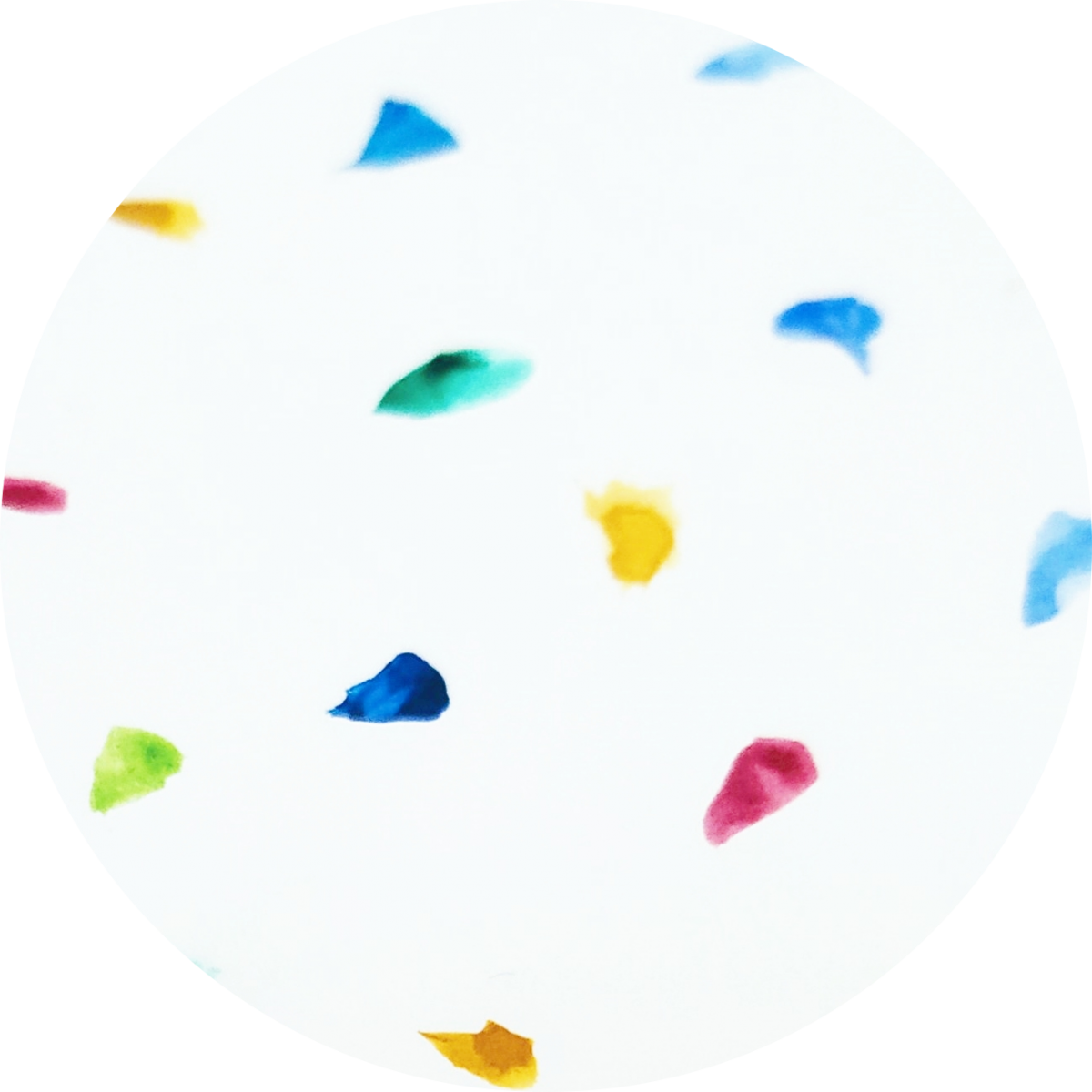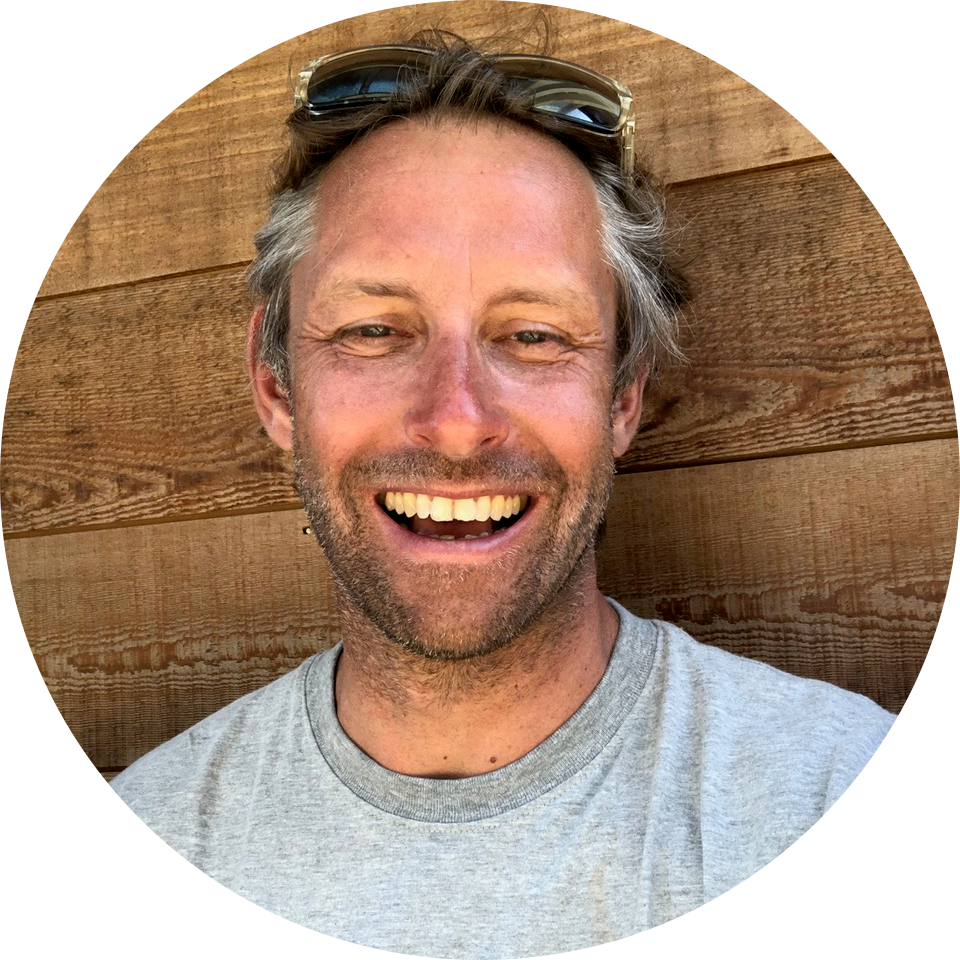Although sometimes it seems to us that everything has already been invented, this world still needs great inventors. Above all, women inventors who wish to improve our present. This is the dream of Heeral, a mechanical engineer who started working at CERN eight months ago.
“I want to be an inventor and create better solutions for the world of tomorrow. We have damaged the planet to some extent and I want to have some effect on my surroundings”, she confesses. Because being an inventor in these times is like protesting, and Heeral is a tireless fighter.
She was born in Kanpur, a small city in the north of India, but has lived all her life in Mumbai, the big city of dreams. There, she did her degree in mechanical engineering, her first major achievement. “I had to go through a lot of opposition and resistance to pursue this engineering career”.
Heeral had always dreamed of being in the space industry, a path with many more thorns than roses. Society, its prejudices, old mentalities… All against the tide, but Heeral did not give up and she rebelled in her own way.
Very stealthily, without telling anyone, she began to apply for space engineering courses in Europe. She enrolled in the master’s degree in space science and technology in Kiruna (Sweden), where she did the first year. The second one was in Toulouse (France), on an Erasmus scholarship.
And the master’s thesis? She finished it last October at CERN, where she enjoys learning every day and being part of a work culture based on the willingness to help others. “Whenever I am stuck with something and I go to anyone in my vicinity and ask them about it, they take all the time they need to explain it to me in depth”, she says.
Now, for the first time in her life, Heeral has found the time to focus more on herself, and what she wants to do with her career. “All this time, I have just been going with the race, very rebellious and fighting with everybody to be where I am”.
Also now, from a distance, Heeral sees Mumbai as a philosophical entity. “After I left, I realized that the city can teach you a lot. No matter what country you go to and what cities you travel to, what I miss most about Mumbai is the activity and the energy”.
Let us remember that the current Mumbai metropolitan area is over 20 million people. “So you see life from a very different perspective. There, everyone is running to get to work on time, everyone is trying to make a living, everybody is going through the same struggle at the end of the day”, says Heeral.
Living as one in a country like India, with so many segregations in each and every sector of society, it is very difficult. In such a competitive environment, Heeral never had time to think much about her personal contributions to the world. Now, out of there and living her own dream, it is time.
The legendary Interstellar soundtrack is a good background music as you run for the bus, climb mountains or to send your morale through the roof. Perhaps also for moments of creativity, which for Heeral are synonymous with beauty.
The beauty with which this mechanical engineer sees everything. Even what is not yet in front of us. “The future for me is that I will invent some technologies in any field, which will help us to make a better life for tomorrow”, says Heeral.
And she will because she is unstoppable.


